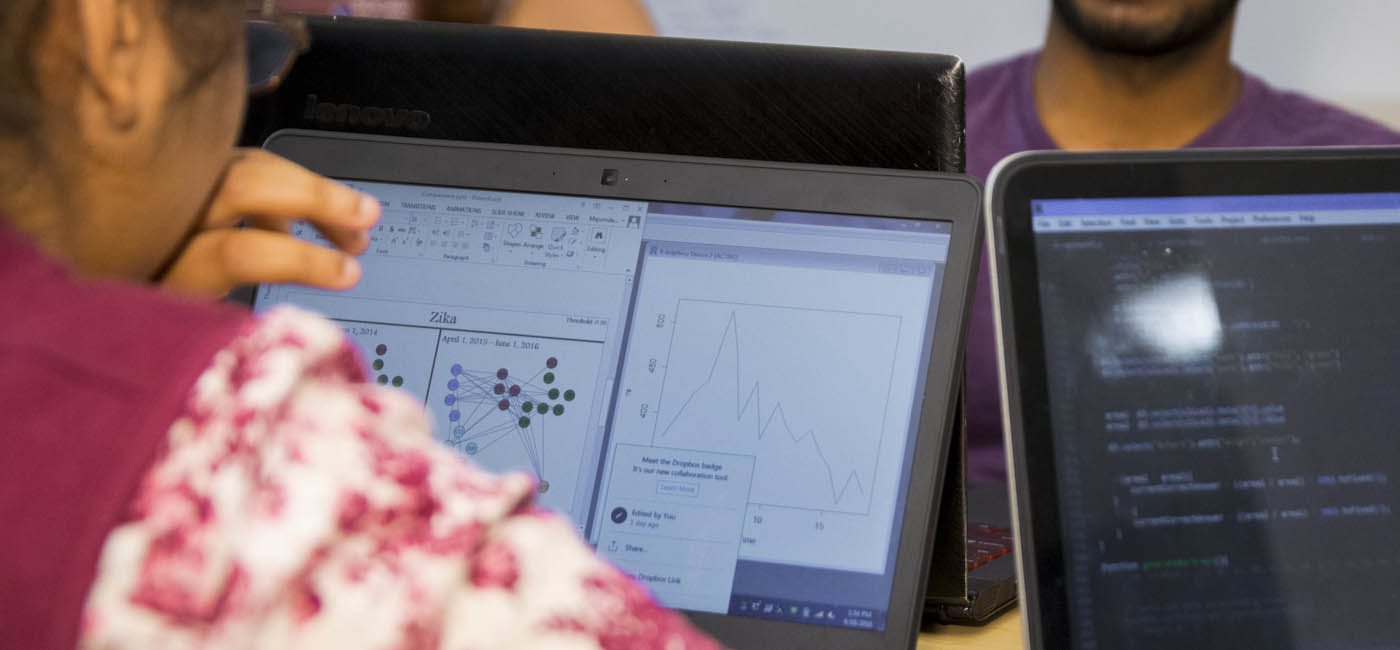With WPI’s history as a global leader in project-based learning, it is only fitting that graduate students would benefit from the same kind of hands-on experiences undergrads have had for years at WPI. The data science program is making sure that opportunity isn’t missed by offering an externally sponsored Graduate Qualifying Project (GQP)–based experience to all graduate students in the data science program as an integral part of their education. Students and faculty in the program find that working on projects for sponsors challenges them to bring to bear all technical and professional skills they have learned in a holistic fashion to tackle real-world challenges.
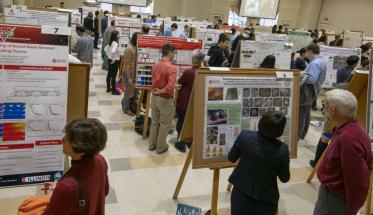
Data Science Models Graduate Project Work
Topics
Offices and Departments
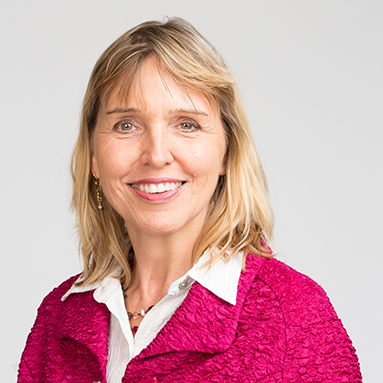
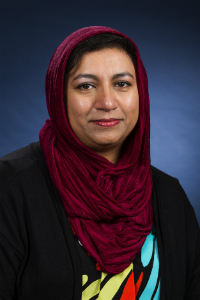
When associate teaching professor of data science Fatemeh Emdad joined WPI four years ago, the idea of data science graduate students working on projects was just beginning to form. Director of data science and professor of computer science Elke Rundensteiner and Emdad knew graduate-level project work would offer value-added experience that would impact students’ graduate studies and their job prospects.
The first data science GQP launched in 2015 and since then all students in the Data Science MS program have been given the opportunity to work on a sponsored GQP project. “This is an amazing opportunity for sponsors and students,” says Emdad. “Students learn from the sponsors and all that they do in the industry. But the sponsors also learn from the students and the ideas they bring. Students can apply their knowledge to the challenging problems industry has.”
All of the students who have participated in a data science GQP have accepted post-graduation job offers, says Emdad. Whether it’s a sponsor who extends an offer to a student on one of the teams or an organization impressed by the student’s accomplishments while still in school, the GQP, she says, plays a major role.
Starting at the Beginning
When she began looking at the possibility of a GQP program, Emdad knew she would have to shift the data science curriculum, she says. There were few examples of universities and industries partnering directly at the graduate level. She was charged with making those connections and finding sponsors who were willing and able to have the students work on projects that were meaningful and would help the organization—as part of the project work at WPI, and doing work that brings value, she says.
Emdad reached out to organizations and stakeholders that might have work for the students to tackle. “I wanted to show them what we could do for them,” she says.
A GQP offers practical experience and an opportunity to apply what students have learned. “We all have projects in class but the GQP brings projects for real customers,” she says. “Students do the work, but no one uses the results. A GQP is the real thing.” The data the students use is authentic and so the results on the job they are working on is going to make an impact for the organization. “Sponsors love it,” she says. “And students see they can help by what they are doing.” One organization told her that in one semester, a team of GQP students solved a problem that various company teams had worked on over 15 years.
From Classroom to Boardroom
GQP teams go to a sponsor site at least once each week—they are expected to figure out their team dynamics to produce the requested work on deadline. While they flex their data science skills, they are also polishing the “soft” skills like time management, interpersonal communication, understanding the requirements, and presentation development.
The GQPs, like the IQPs and MQPs for undergraduates, are natural connection-building opportunities for individual students and WPI as an institution. “The networking is amazing,” says Emdad. “The students are connected back to WPI for other teams. We are raising mentors for future teams.”
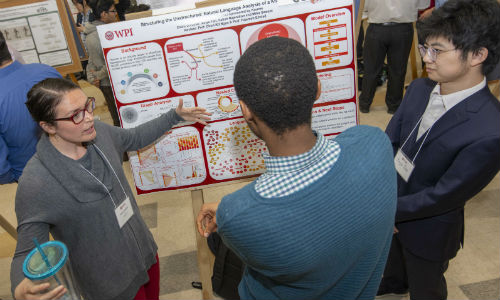
Claire Danaher ’19 (MS DS), says the GQP was a challenging experience, but one that helped her connect the dots between her years of education, work experience, and graduate school work. Working for Kronos, Danaher and her team set out to find topics and questions based on a certain data set. “Our job was to lay the map,” she says.
One of her teammates, Xinye Fan ’20, says the GQP was great practice for learning how to assess project requirements, how to find needed information, and how to jump in without knowing everything. “We also learned how to use new software and leaned new algorithms,” says Fan.
Alexander Shoop ’18 says his project with Findability Sciences presented subjects he didn’t expect, and he appreciated how the team was able to work together, even with a few surprises. “WPI is all about the team,” he says. With a pronounced software engineering project task, the team members with the most experience were able to take the lead on that part of the project while others were able to build a data program from scratch.
Shoop says the team approached the project as professionals more than as students. They prioritized the lengthy task list and planned ahead to be able to deliver what the client needed. But they also knew the way they presented the results was critical. They planned a final cohesive 10-minute demonstration that summed up the project results in a format that was clear and comprehensive.
Career Connections
Thus far, WPI data science projects have been sponsored by companies including Kronos, Takeda Pharmaceuticals, UTC, National Fire Protection Association, and Pfizer. Some students have accepted jobs at these companies based on the GQP work they did for the company. But even if a student doesn’t end up working for the GQP company, that full-time, problem-solving work experience holds big appeal in the rapidly expanding data science job market.
The students find the work prepares them for the next step. Danaher’s Kronos project process was familiar because she had been working for several years. But combined with her graduate studies, she had an entirely new perspective. “I got to tie everything together,” Danaher says. “All of my classes.”
-by Julia Quinn-Szcesuil

